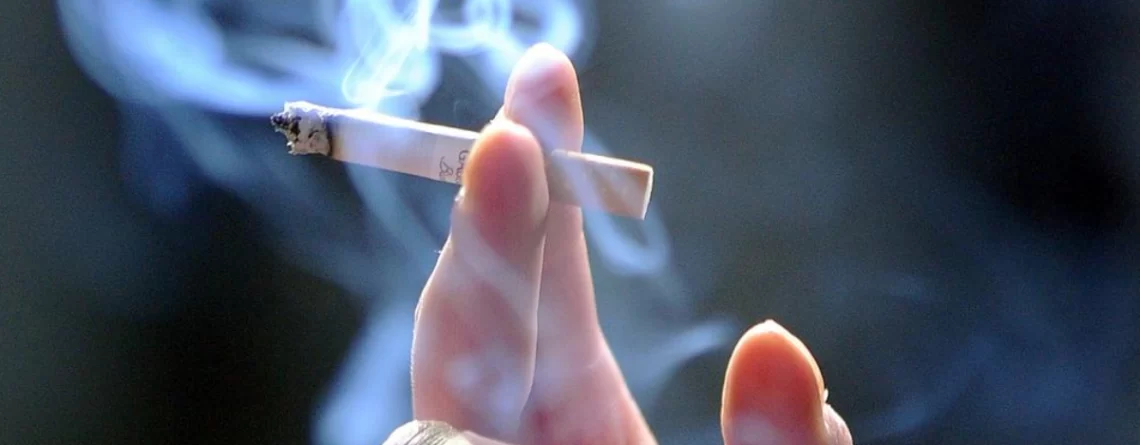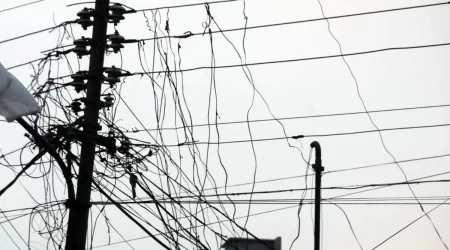99.4% children exposed to second hand smoke in Karachi: study
KARACHI: A study by researchers has uncovered a concerning prevalence of second-hand smoking (SHS) exposure among children in Pakistan and Bangladesh, affecting 95 percent of the young population.
The study, published in the Nicotine and Tobacco Research Journal, was conducted by the Aga Khan University’s Department of Community Health Sciences and Medicine.
The research reveals an exceptionally high level of SHS exposure in Karachi, Pakistan, where almost all children (99.4 percent) are affected, primarily due to the prevalent smoking culture among men.
The research team surveyed 2,769 children aged 9-14 from 74 primary schools in Dhaka (Bangladesh) and Karachi to assess their exposure to second hand smoke.
They tested the children’s saliva for cotinine, a biomarker of tobacco exposure, and investigated the link between adult smoking behaviors and cotinine levels in children. Findings showed that children living with smokers or in homes allowing indoor smoking had higher SHS exposure compared to those in smoke-free environments.
Dr. Romaina Iqbal and Prof. Javaid Khan from the Aga Khan University remarked that the high exposure of children to SHS contrasts sharply with data from many developed countries, where only a small percentage of children are exposed to such risks.
The detrimental effects of second-hand smoking are well-established, leading to respiratory infections in newborns, infants, and children, and increasing the risk of Sudden Infant Death Syndrome (SIDS) in those with genetic predispositions.
Prof. Rumana Huque from the ARK Foundation, Bangladesh, and co-author of the study, said these findings are alarming. She said if children are not shielded from SHS exposure, they face heightened risks of respiratory infections, related fatalities, reduced academic performance and a greater likelihood of becoming smokers later in life.
Prof. Kamran Siddiqi from the University of York, UK, and the study’s Chief Investigator, stressed the importance of promoting smoke-free homes and cars and enforcing smoking bans in public spaces, especially those frequented by children, such as playgrounds, parks, and fairgrounds.












Leave a Reply